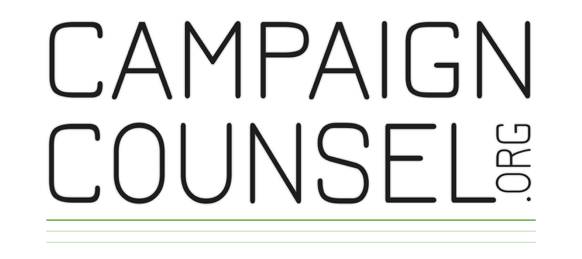Recruiting Quality Capital Campaign Leadership
Recruiting quality capital campaign leadership is critical to the success of your campaign. If your board is so strong that you don’t need to recruit additional leaders to reach your goal, then your goal is probably too low! Campaigns give community leaders a chance to be seen as involved in the community, without committing the time and effort it takes to be a board member.
Identifying great capital campaign leaders
How do you identify great campaign leaders? The first key is not to get caught up in the "exclusive" argument. Some campaigns try to make serving on the leadership committee an exclusive, high-profile activity. They tend to spend so much time focusing on getting only the cream of the crop leaders that they end up leaving other, lower profile leaders behind. The key is to find people who can help – and as many as possible. You don’t want everyone on your committee but getting enough so you can personally reach every possible philanthropic source is important.
Campaign leaders should be committed to the success of the campaign and have knowledge of the mission of the organization and how that organization serves the community. Ideally, the campaign leader will also make a "leadership" gift.
A leadership gift is not always, but often is, judged by the size of the gift. A leadership gift is one that provides leadership by its amount and timing. That may mean a leader could make a $10,000 gift if a $10,000 gift would impress other potential leaders. If the leader you are recruiting is a multi-millionaire or independently wealthy (or is perceived in the community to be super-wealthy), then a $10,000 gift is not going to impress anyone. Making the gift when it will do the most good for the campaign, say early in the campaign, is often as valuable as the amount of the gift.
The key here is to find someone that is truly committed – time and money – to the campaign. In addition to the gift, the leader should be willing to allow his or her name to be used in recruiting and soliciting others.
The most important contribution of great leaders is their willingness to open doors to other potential leaders and donors. Having the right person ask is almost always the critical part of the campaign process. The campaign leader should be highly respected and someone that others will welcome into their homes or offices and listen to what the leader has to say. If a proposed leader can’t, or won’t, open the door to potential leaders and donors, then that person is not a leader... he or she is a donor.
Seeking campaign leaders through different sources
Campaign leadership can come from a variety of sources including:
Past Board Members
Volunteers
Community Leaders
Corporate Leaders
Board Members
Elected Officials
Current Board Members
Industry Leaders
A great source of campaign leaders is from previous successful campaigns in the community. Review past campaigns and seek the involvement of those leaders in your campaign.
Recruiting campaign leaders is a relatively straightforward process. The challenge usually comes out of a fear of actually doing it. Together with board members and/or other key leaders, a list of potential leaders should be created. These leaders should consist of the best leaders imaginable in the community – and should include any past donors, leaders or volunteers for your organization.
Once the list is developed, then it is as simple as identifying a current leader of the organization who will set up an appointment.
You can involve new leaders in campaigns by asking them to do three things, and promise them one thing:
Ask them to allow you to use their name as a supporter. Then create a growing list of these leaders. Once you have a few well-respected leaders, an organization usually finds other leaders will choose to be leaders as well. As you recruit a leader, tell other potential leaders about your past recruitment successes.
Ask them to open doors to other prospective leaders. Explain that you would like to return and meet with them again to ask their guidance in reviewing other prospects and seeking their help in arranging meetings with a pre-determined number of prospects, usually five. This limits their time involvement, yet allows them to be a big part of the campaign.
Ask them to make a financial gift. Ultimately, fund raising is what it is about, so you have to ask for a specific gift.
Tell them that they will not have to come to committee meetings. Community leaders hate committee meetings – especially meetings that drag on and don’t accomplish any tangible goals. Explain to the potential leader that whatever time they can spend on the campaign will be spent doing the one thing the organization can’t do without them – opening doors to other potential leaders and donors.
Do you need help recruiting and identifying great community leaders to open doors to raise money for your campaign? Contact us now or sign up for a no-fee workshop.
Kevin Wallace is president of CampaignCounsel.org, specializing in capital campaign planning and management. Reach him by email or visit www.campaigncounsel.org.
Adapted with permission from an article originally published by William Kruger.






